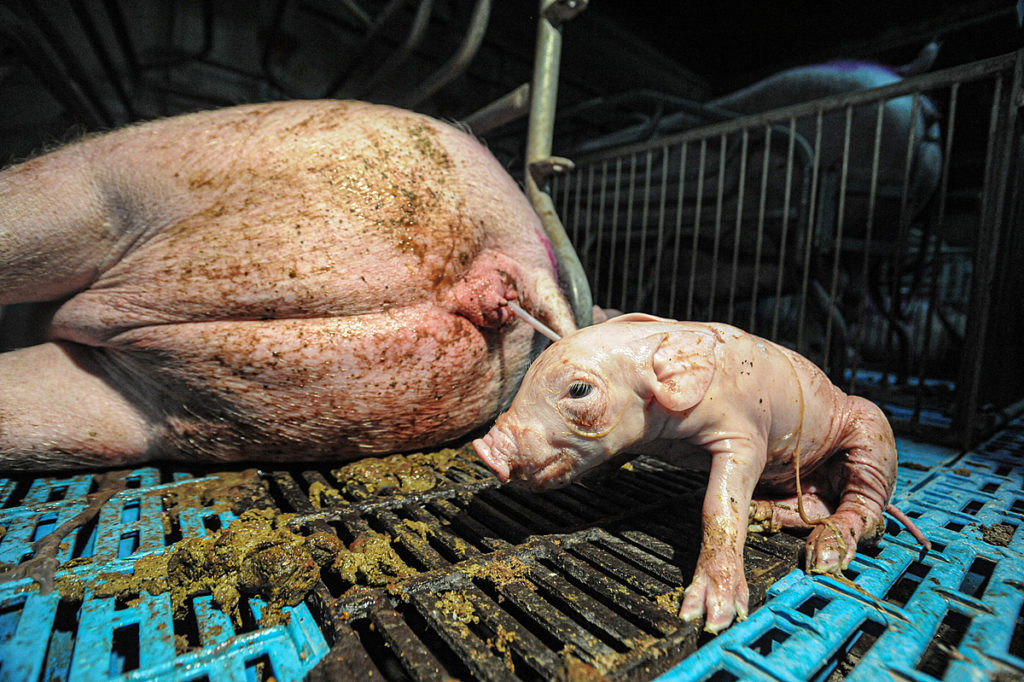
There were many uncertainties with Britain’s planned exit from the European Union. Seasonal labour, refugee asylum, immigration, Ireland’s border, and many other human rights issues busied political pundits and activists. The quiet erosion of animal rights, however, had garnered much less attention in mainstream media channels. The primary rationale behind Brexit was the nationalistic campaign to control Britain’s economic relations, and, as nonhuman animals are legally considered property and speciesism remains a key economic system in both Britain and Europe, the welfare of other-than-humans remained unclear. A such, the new Animal Sentience Bill will be key to the official recognition that nonhuman animals are more than commodities.
The notion that, in 2021, a bill would be required to acknowledge the basic scientific reality that millions of species other than humans are sentient may seem incredible, but, historically, the economic commodification of nonhumans has rendered them nonpersons. To recognize their sentience would be to fundamentally challenge entrenched European economies that rely on the gross (but highly profitable) use and exploitation of vulnerable nonhumans.
Britain, newly liberated, is now using its independence as a means to establish itself as a socially and economically advanced nation. In such situations, animals are frequently objectified as symbols of this global superiority. Any resulting welfare legislation is likely to support the myth of “Great” Britain, but highly unlikely to fundamentally challenge the state’s entitlement to nonhuman bodies, labour or lives. This symbolic exploitation is a phenomenon animal scholars refer to as “animal nationalism.” Britain can hail itself as especially “advanced” or “civilized” with reference to its more “humane” treatment of the animals it kills by the billion each year.
Welfare laws are essentially a measure to manage public relations and streamline speciesist industries (healthier animals make for a more marketable product). If Britain wishes to become a true global leader in animal welfare, it would do well to cease its economic and political support for speciesism. Johnson’s 10 step plan for a “sustainable” future, for instance, makes no mention of animal agriculture (and the European Union continues to deeply subsidize these industries). This is a bizarre oversight given the immense violence incurred on domesticated and freeliving animal populations as well as the heavy toll that meat, dairy, and egg production enacts on the environment.
Ultimately, nationalistic politics are likely to work against animal liberation given their inherent divisiveness. Perhaps the first step to achieving a species-inclusive society is to challenge the very premise of borders, be they between the nations or between the species, and to celebrate the diversity of life on earth with inclusion and mutual respect.
This article was featured by the University of Kent’s News Centre.